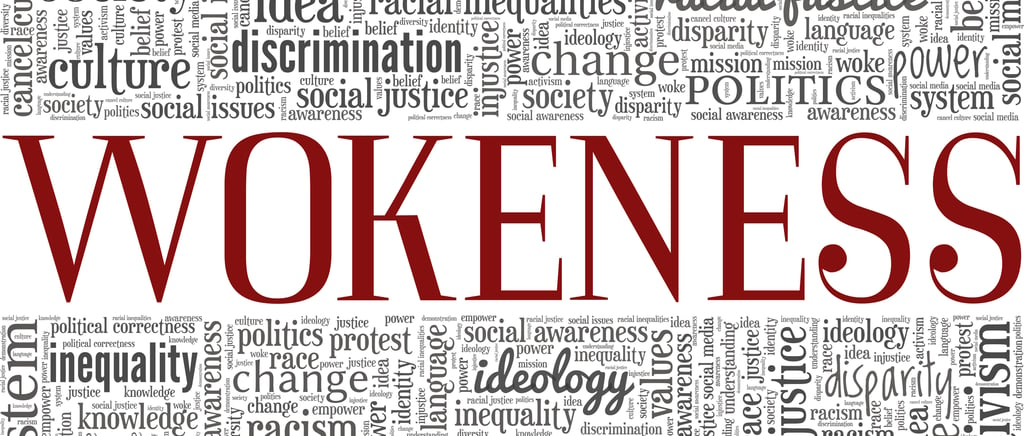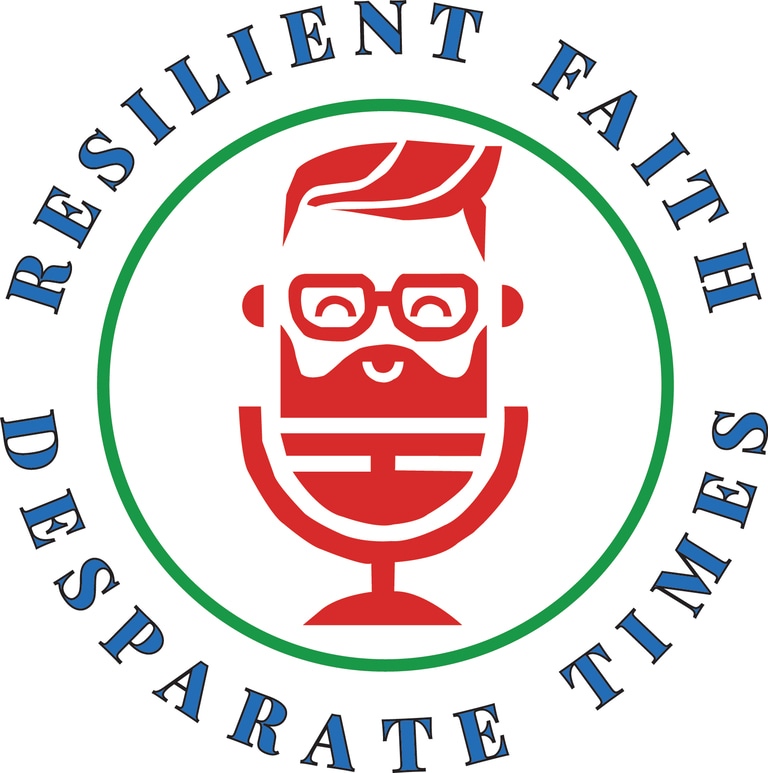"WOKE"
The term 'woke' is a contraction of the work awoke and refers to someone who has suddenly became aware of something they were previously oblivious to. The Urban Dictionary defines it as "a person being described has been enlightened or having just discovered some politically Progressive 'truth' about society or the oppression and class status of marginalized people, and the obligation to treat them as extra-special/revered in society." It can be seen from this definition that the term is culturally and politically charged. The first use of the concept was in 1860 as the "Wide Awake" anti-slavery movement supporting Republican Abraham Lincoln who was running for the US presidential election that year against the pro-slavery Democrats. Jeffrey Epstein, a Washington Post reporter, tweeted on it recently: ‘In 1860, a youth abolitionist network called “the Wide Awakes” sprung up in cities across the north. Fast-forward to 1942 when J. Saunders Redding used the term woke in a Negro Digest article about labor unions. In 1962 it was introduced to the general audience by a New York Times article entitled: If You’re Woke You Dig It: No mickey mouse can be expected to follow today’s Negro idiom without a hip assist. Next, in 2008 black singer Erykah Badu used the term "I stay woke" the song Master Teacher about racism. The term really started to gain traction in 2016, when in events surrounding the killing of Travon Martin, the hashtag #StayWoke was used by thousand of Twitter users. Black Lives Matter incorporated the term and suddenly it became the term to identify those in solidarity with their movement. Up until then it was primarily used in reference to racial awareness, but soon it was appropriated by other Progressive movements, such as Women Rights, sexism, immigration advocates, and included awareness of injustices against all identity groups and classes. Suddenly major corporations realized the financial windfall that could be reaped by jumping on the Woke bandwagon, and advertising took a decidedly left swing. The term "(such and such company) has now become Woke" was born, and becoming woke was commercialized. About this time, the Right began to use the term woke to generally identify anyone or any agenda on the Left. When a company's advertisements and financial support targeted the Progressive market, they were said to have gone "Woke". This led to articles being written by Progressives lamenting the misappropriation of their term, much as purists in the Black community lamented the expansion of the term earlier to non-racial themes. The current status is that the term ‘woke’ is used on the Left as a serious term to identify fellow travelers and movements, and on the Right as a convent term to identify anything and anyone promoting Progressive ideas. And to those in the Middle, woke generally identifies subjects to be avoided.


TThe term 'woke' is a contraction of the work awoke and refers to someone who has suddenly became aware of something they were previously oblivious to. The Urban Dictionary defines it as "a person being described has been enlightened or having just discovered some politically Progressive 'truth' about society or the oppression and class status of marginalized people, and the obligation to treat them as extra-special/revered in society." It can be seen from this definition that the term is culturally and politically charged.
The first use of the concept was in 1860 as the "Wide Awake" anti-slavery movement supporting Republican Abraham Lincoln who was running for the US presidential election that year against the pro-slavery Democrats. Jeffrey Epstein, a Washington Post reporter, tweeted on it recently: ‘In 1860, a youth abolitionist network called “the Wide Awakes” sprung up in cities across the north.
Fast-forward to 1942 when J. Saunders Redding used the term woke in a Negro Digest article about labor unions. In 1962 it was introduced to the general audience by a New York Times article entitled: If You’re Woke You Dig It: No mickey mouse can be expected to follow today’s Negro idiom without a hip assist.
Next, in 2008 rgb(0, 0, 0) singer Erykah Badu used the term "I stay woke" the song Master Teacher about racism.
The term really started to gain traction in 2016, when in events surrounding the killing of Travon Martin, the hashtag #StayWoke was used by thousand of Twitter users. Black Lives Matter incorporated the term and suddenly it became the term to identify those in solidarity with their movement. Up until then it was primarily used in reference to racial awareness, but soon it was appropriated by other Progressive movements, such as Women Rights, sexism, immigration advocates, and included awareness of injustices against all identity groups and classes.
Suddenly major corporations realized the financial windfall that could be reaped by jumping on the Woke bandwagon, and advertising took a decidedly left swing. The term "(such and such company) has now become Woke" was born and becoming woke was commercialized.
About this time, the Right began to use the term woke to generally identify anyone or any agenda on the Left. When a company's advertisements and financial support targeted the Progressive market, they were said to have gone "Woke". This led to articles being written by Progressives lamenting the misappropriation of their term, much as purists in the Black community lamented the expansion of the term earlier to non-racial themes.
The current status is that the term ‘woke’ is used on the Left as a serious term to identify fellow travelers and movements, and on the Right as a convent term to identify anything and anyone promoting Progressive ideas. And to those in the Middle, woke generally identifies subjects to be avoided.
